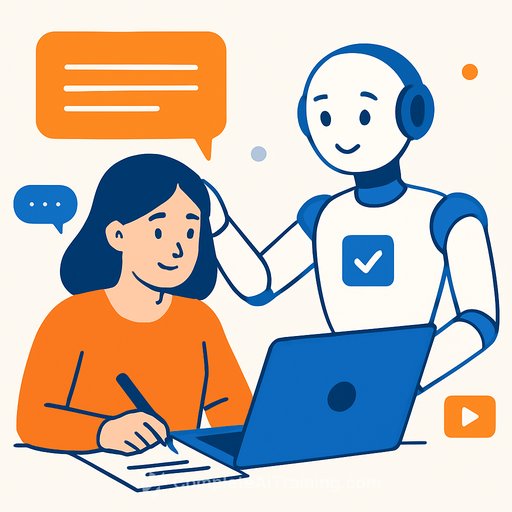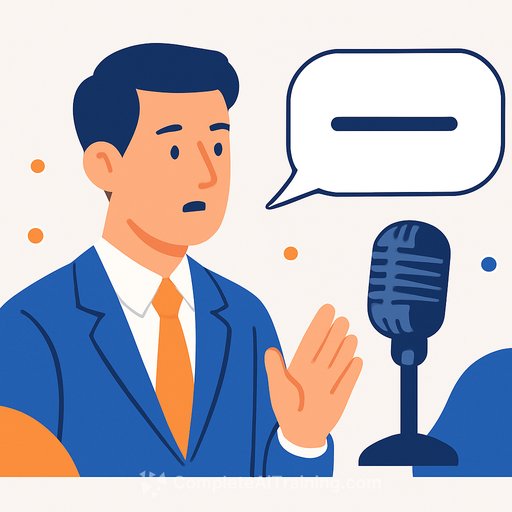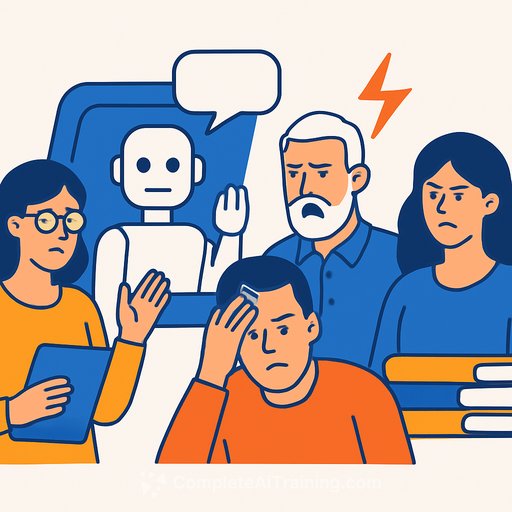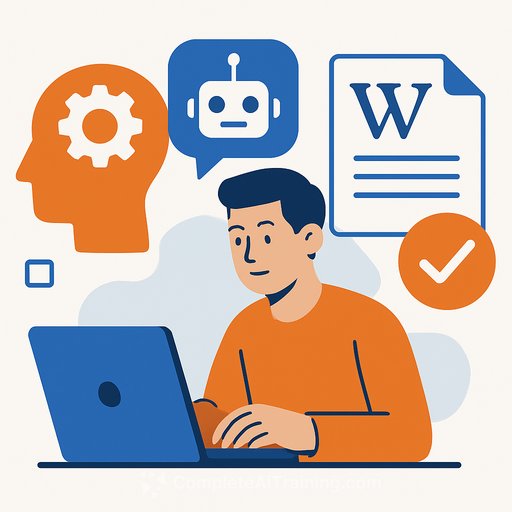AI as your starter paragraph, not your ghostwriter
Nigel Newton, founder and chief executive of Bloomsbury, says AI can help writers beat the blank page. His view is simple: use it to get moving, not to replace the author. Readers still want the voices they trust.
"AI gets them going and writes the first paragraph, or first chapter, and gets them back in the zone," he said. He also noted the same applies across painting and music-useful for momentum, not a swap for talent.
Why this matters for working writers
Newton is candid about the risk of AI-written books swamping the market with low-quality work. That's exactly why authority and name recognition will matter more. Readers will gravitate to reliable voices.
Bloomsbury's recent performance backs this up. Sarah J Maas continues to drive major sales, and Harry Potter remains a decades-long bestseller. Gen Z is also buying more physical books-fueled by BookTok and social recommendations that push series into the mainstream.
- Explore Bloomsbury's catalogue and author ecosystem: bloomsbury.com
- See how BookTok fuels demand: TikTok's BookTok overview
A practical AI workflow to beat writer's block
- Warm start: ask your AI to draft a 150-word opening in your genre. Tell it the mood, POV, and stakes. Treat it like a prompt generator, not a co-author.
- Voice check: paste a short sample of your writing. Ask for a rewrite that keeps your rhythm, vocabulary, and tone. Then tweak by hand.
- Guardrails: give AI a mini-brief-characters, constraints, timeline, non-negotiables. Ask for three possible directions and pick one.
- Outline to scene: get a 10-beat outline, expand to scene bullets, then have AI sketch a first pass. You do the second pass to restore voice and texture.
- Version control: keep AI-generated text in a separate file. Merge only what you genuinely like. Delete plenty.
- Ethics: no secret ghostwriting. Readers buy you. AI is a tool for momentum, research, and structural ideas-your name goes on the work, your hand stays on the page.
Rights and royalties you should care about
Bloomsbury has announced its first AI licensing deal to sell academic works for training, with an opt-in for authors and royalties paid. This is the direction ethical AI training must take: permission and payment.
Newton has warned that using publisher and author work for training without permission is a problem. If you license your work, make sure you understand how it will be used and how you'll be paid.
Protect your voice and your brand
The market will see more "shoddy content." That's your opportunity. Tighten your signature: sentence length, character psychology, recurring themes, and the kind of conflict you love to write.
- Create a one-page voice guide and keep it open while drafting.
- Ask AI to list "off-brand" phrases to avoid in your prose, then filter them out.
- Double down on your newsletter and reader community-trust compounds.
Gen Z, physical books, and the shelf effect
Newton points to a resurgence of physical books, driven by Gen Z and social platforms. A book isn't just text-it's an artifact. As he put it, the bookshelf becomes "a museum of your own mind."
If you write series, think like a collector: consistent cover systems, shareable quotes, and strong first-chapter hooks that travel well on video.
Try this 10-minute unblock routine
- Minute 1: Write your scene goal in one sentence.
- Minutes 2-3: Ask AI for three different openings (tone: tense, tender, sarcastic). Pick one.
- Minutes 4-6: Ask AI for a beat outline with rising tension. Keep it to 6-8 beats.
- Minutes 7-9: Draft 150 words by hand, using only beats 1-3.
- Minute 10: Mark three places to deepen sensory detail. Finish later.
Bottom line
Use AI to start faster and think wider. Keep your standards high and your voice intact. Readers buy the author they trust-you.
Resources to sharpen your AI workflow
- Practical prompt courses for writers: Complete AI Training - Prompt Courses
- Courses by job (including creative roles): Complete AI Training - Courses by Job
Your membership also unlocks:






